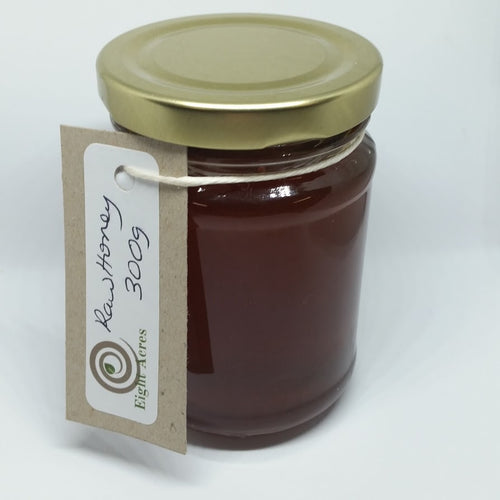Beginner beekeeper: where should I start??
We've had bees for just over two years and it feels like we have learnt so much about bees, but at the same time we are realising that there so much more to know about these amazing creatures. I was asked a question on one of my Instagram posts:
I was not going to try to tap out a reply to that on my smart phone! As you can see from my post, that is a big question, and perfect for a blog post. Here's where I think you should start with bees, in no particular order you should do as many of these things as you can BEFORE you get your own bees.
Where would we start when we decide to have our own bees? So much info out there. We are on 2 acres on the Sunny Coast and have a great bushy spot to keep the hives, just unsure what system etc we start researching? We love our Bee Pollen, is this another process entirely? Thanks :-)
I was not going to try to tap out a reply to that on my smart phone! As you can see from my post, that is a big question, and perfect for a blog post. Here's where I think you should start with bees, in no particular order you should do as many of these things as you can BEFORE you get your own bees.
- Join a beekeeping club - we joined our local Barambah Bees.
- Find a beekeeper (hobby or commercial) who will let you look inside a hive or two a few times (we met a beekeeper through the beekeeping club, and that gave us the confidence to look in our own hives)
- Buy yourself a beekeeping suit and gloves (ok maybe do that before you do number 2)
- Get EVERY beekeeping book from the library and read them, also watch youtube and read blogs, find out as much as you can (here's post about beekeeping resources)
- If you're in South East QLD - Visit the Valley Bees Open Day near Gympie (usually September each year), if you live elsewhere, find a similar event
- Buy the rest of the basic equipment that you're going to need - hive tool, bee brush, smoker - and learn how to use them (here's a post about the equipment you need)
- Decide which type of beekeeping system you want to use - Langstroth, Top bar, Warre, Flow hive - depending on the amount of local support you're going to have, how easy/cheap it is to buy equipment and get bees for that system and which one fits your ethos (read more on the resources post above).
- Make sure that you're not allergic to bee stings and that you don't hate having bees buzzing all around you (I kind of hate it, but I'm getting used to it, I can hear when they are angry, but Pete doesn't notice it the way I do)
- Make sure that you have a suitable location for your bees, away from neighbours, and enough flora to support them (or plan to feed them when nothing is flowering).
- Find out what pests may be a problem in your area and decide how you plan on treating/preventing them and how you will identify them. (Read more about controlling small hive beetle in our area here)
As for the bee pollen - when you learn how bees use pollen, you may be reluctant to take it from them, they use it to raise new bees, and more bees means more honey and pollination.
Does that help? Anyone else what to give some advice about where to start with bees?
Other posts about bees on Eight Acres:
More from:
bees





















Leave a comment